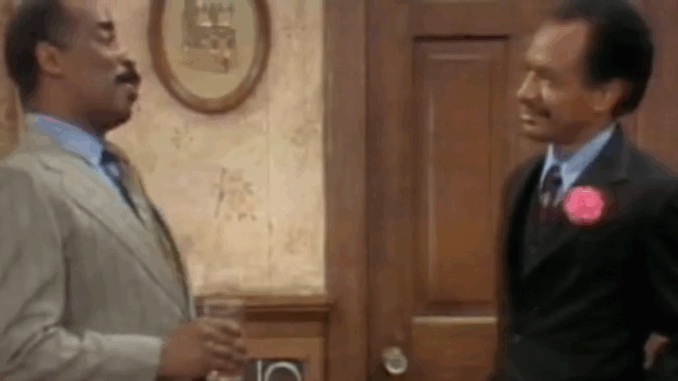
In the vast and groundbreaking history of Norman Lear’s All in the Family, few episodes are as overlooked yet culturally significant as “Henry’s Farewell.” First aired in the show’s early seasons, this episode marked a pivotal shift—not only within the Bunker household but also within American living rooms nationwide.
A Quiet Goodbye with a Loud Message
“Henry’s Farewell” centers around the departure of Henry Jefferson, the original next-door neighbor to Archie and Edith Bunker. Played by Mel Stewart, Henry was George Jefferson’s brother and the first African American character introduced in the series. While George himself wouldn’t appear until later, Henry served as a lightning rod for Archie’s bigotry and ignorance—challenging viewers to confront their own biases through sharp, satirical dialogue.
In his final appearance, Henry’s decision to move out of Queens is both literal and symbolic. It signaled the Jeffersons’ rise in socio-economic status and laid the groundwork for the hit spin-off The Jeffersons, which would further explore Black success and identity in 1970s America.
The Unseen Impact
Although not as frequently cited as more famous episodes like “Sammy’s Visit” or “Edith’s 50th Birthday,” “Henry’s Farewell” carried weighty implications. It subtly addressed the shifting racial dynamics of urban America and quietly dismantled the trope of the ‘token Black neighbor’ by allowing Henry to leave with dignity, ambition, and independence.
For longtime fans and TV historians alike, this episode remains a poignant reminder of how All in the Family used even its quieter moments to challenge the status quo.
Why It Still Matters Today
In today’s climate of renewed discussions around race, gentrification, and media representation, “Henry’s Farewell” deserves a second look. It wasn’t just a goodbye—it was a cultural statement about Black mobility and self-determination, presented in the heart of mainstream television.
More than 50 years later, this understated episode still echoes with relevance, reminding us that even a farewell can be revolutionary.